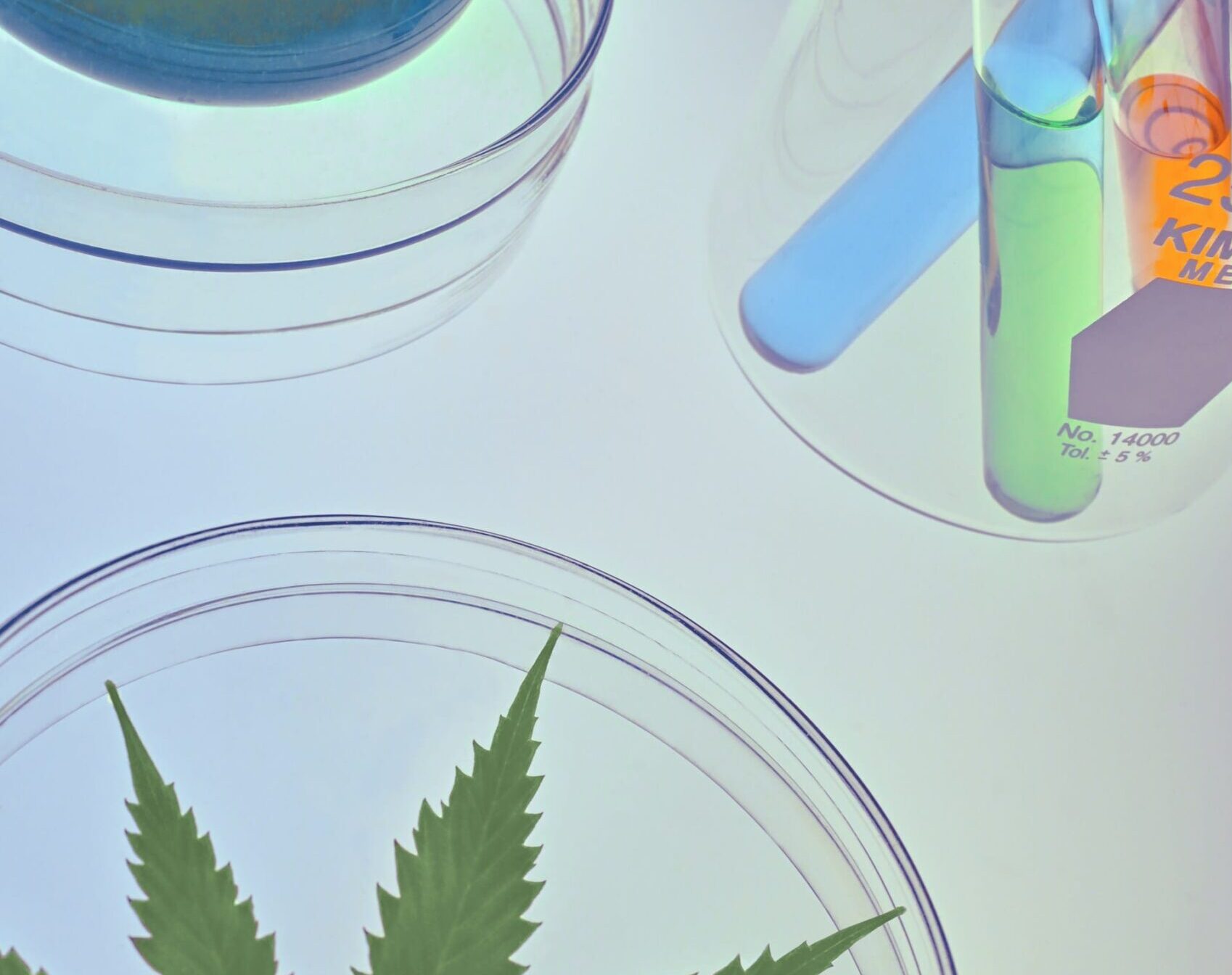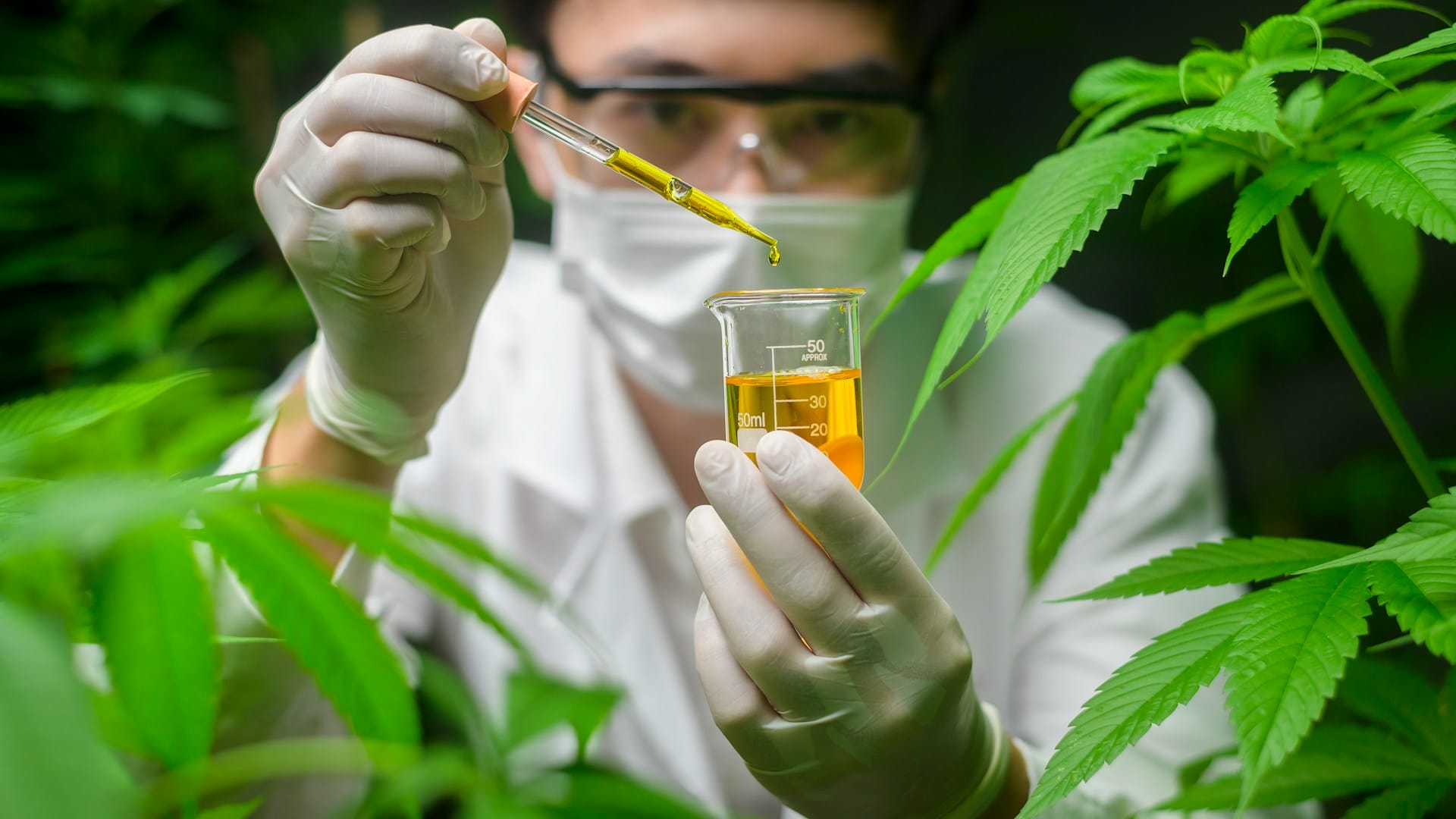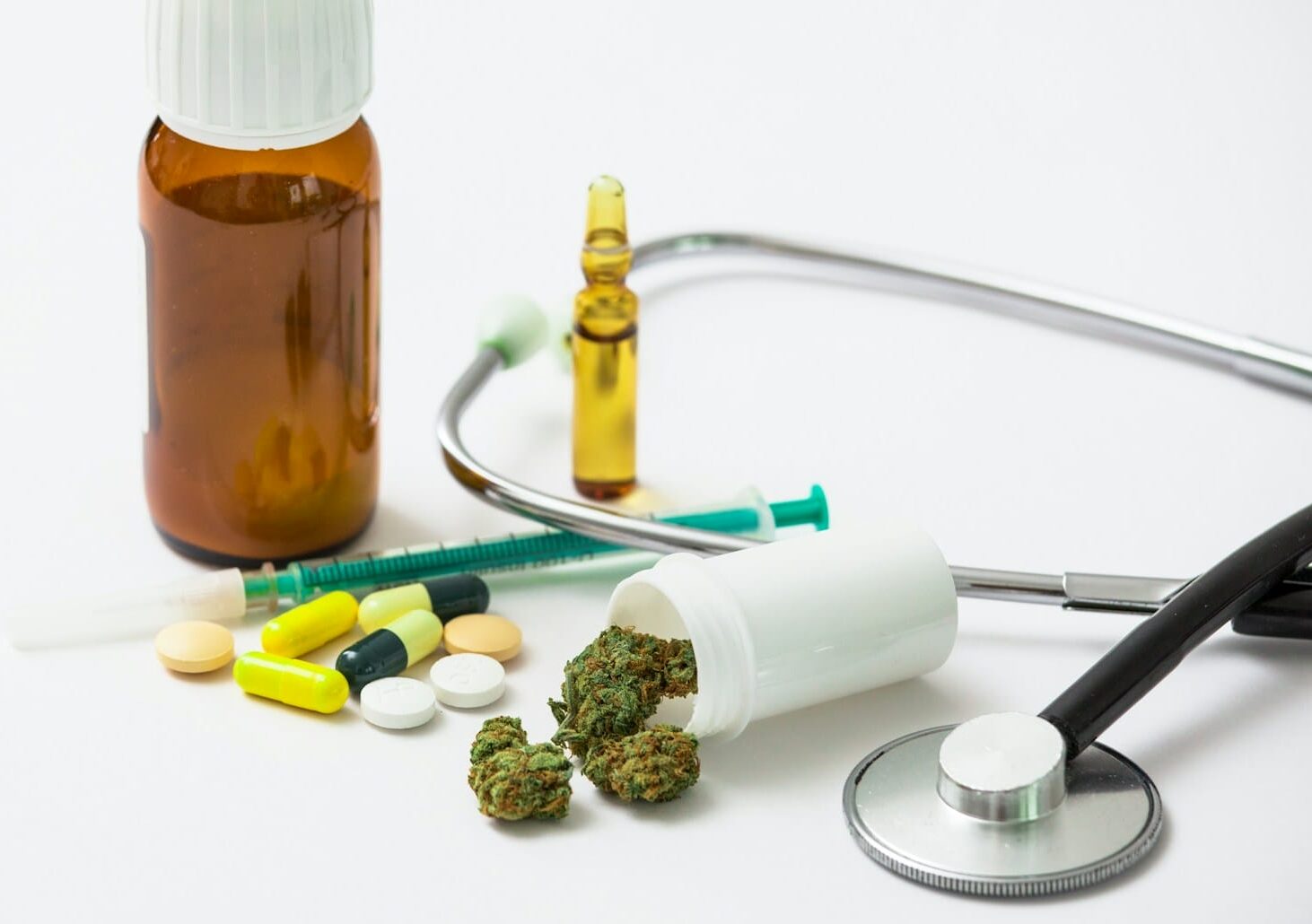Unveiling the Science of THC vs. CBD: What Every Cannabis Consumer Should Know
In the evolving world of cannabis, two compounds reign supreme: THC (tetrahydrocannabinol) and CBD (cannabidiol). While these cannabinoids originate from the same plant, they have profoundly different effects on the human body. Whether you’re a recreational user or seeking medicinal benefits, understanding the science behind THC and CBD can enhance your cannabis experience.
What Are Cannabinoids?
Cannabinoids are chemical compounds found in cannabis plants that interact with the body’s endocannabinoid system (ECS). This system helps regulate various physiological processes, including mood, pain, and appetite. Among the many cannabinoids in the cannabis plant, THC and CBD are the most well-known and studied.
- THC (Tetrahydrocannabinol): THC is the primary psychoactive compound in cannabis responsible for the “high” sensation. It binds directly to the CB1 receptors in the brain, affecting areas involved in memory, coordination, and pleasure.
- CBD (Cannabidiol): Unlike THC, CBD is non-psychoactive, meaning it doesn’t produce a “high.” CBD interacts more indirectly with CB1 and CB2 receptors, leading to its calming and anti-inflammatory properties.
How THC Works in the Body
When consumed, THC binds to CB1 receptors in the brain and central nervous system. This interaction triggers a release of dopamine, which produces feelings of euphoria. THC can also alter sensory perception, which is why users may feel more relaxed, or, in some cases, experience heightened anxiety.
Beyond the psychoactive effects, THC has been noted for its medicinal benefits, including:
- Pain relief – Effective in treating chronic pain conditions such as arthritis and fibromyalgia.
- Increased appetite – Commonly prescribed for individuals suffering from cachexia or appetite loss due to chemotherapy or other treatments.
- Sleep aid – THC can help users fall asleep faster and experience deeper sleep.
However, it’s important to note that THC can lead to side effects such as dry mouth, red eyes, and increased heart rate. For some, high doses of THC can lead to anxiety or paranoia, which is why understanding your tolerance level is key.
How CBD Works in the Body
CBD interacts with the endocannabinoid system differently than THC. Instead of binding directly to CB1 and CB2 receptors, it modulates these receptors, which explains why CBD has no psychoactive effects. Instead, CBD is known for its therapeutic benefits, making it popular among users looking for relief without the high.
Some of the most well-known benefits of CBD include:
- Anti-inflammatory properties – Helps reduce inflammation, making it a popular choice for treating conditions like arthritis or injuries.
- Anxiety relief – Studies show that CBD can reduce symptoms of anxiety and depression by interacting with serotonin receptors in the brain.
- Neuroprotective properties – Research suggests CBD may protect against neurodegenerative diseases like Alzheimer’s and Parkinson’s.
THC vs. CBD: The Key Differences
While both THC and CBD come from cannabis, their effects on the body are markedly different:
- Psychoactive vs. Non-Psychoactive: THC produces a high; CBD does not.
- Legality: THC is still illegal at the federal level in the U.S., though many states have legalized it for recreational or medicinal use. CBD, on the other hand, is legal in most states if derived from hemp.
- Medical Benefits: While THC is known for pain relief, appetite stimulation, and sleep aid, CBD shines as an anti-inflammatory, anti-anxiety, and neuroprotective agent.
Which One Should You Choose?
The choice between THC and CBD depends largely on your personal needs and preferences. If you’re seeking a recreational high, THC is your go-to compound. On the other hand, if you’re looking for therapeutic relief without the psychoactive effects, CBD may be the better option.
Some people find that a combination of THC and CBD, known as the “entourage effect,” offers the best results. This synergy enhances the effects of both cannabinoids, providing a more comprehensive approach to managing pain, anxiety, or other conditions.
The Future of THC and CBD in Medicine
As research into cannabis grows, so does our understanding of how THC and CBD can be harnessed for medical purposes. In the future, we may see more specialized products targeting specific ailments with varying ratios of THC and CBD. From epilepsy treatments to anxiety medications, the therapeutic potential of these cannabinoids is vast and ever-expanding.
Final Thoughts: THC and CBD—A World of Possibilities
The science behind THC and CBD illustrates just how versatile and powerful these compounds are. Whether you’re a recreational user looking for a euphoric experience or someone seeking relief from pain or anxiety, understanding these two cannabinoids can help you make informed decisions about cannabis consumption.
At Marijuana Expert, we are committed to bringing you the latest and most reliable information about the marijuana industry. From breaking down the complexities of THC and CBD to providing reviews on the latest strains and products, Marijuana Expert is your ultimate resource for all things cannabis-related. Stay informed, stay educated, and explore the world of marijuana with confidence.


